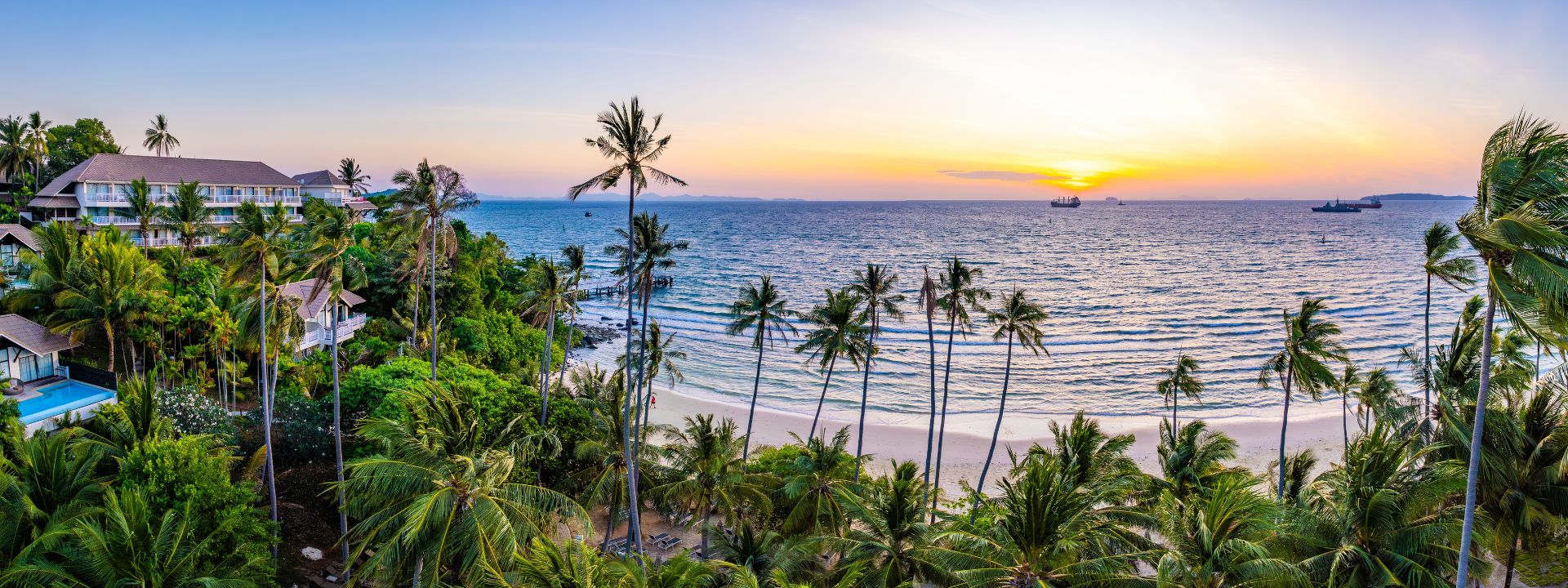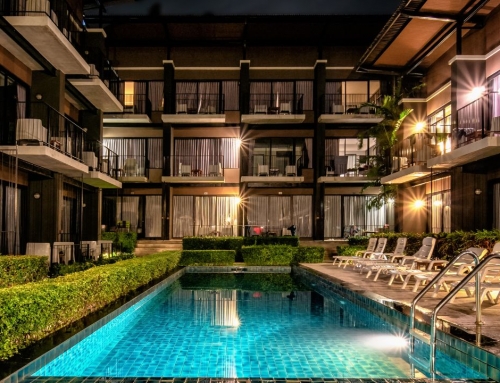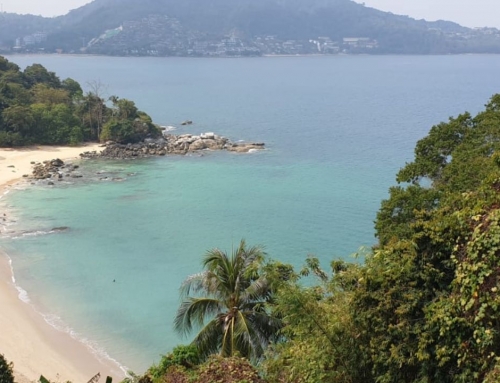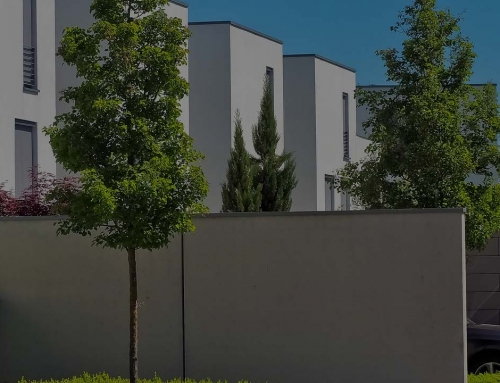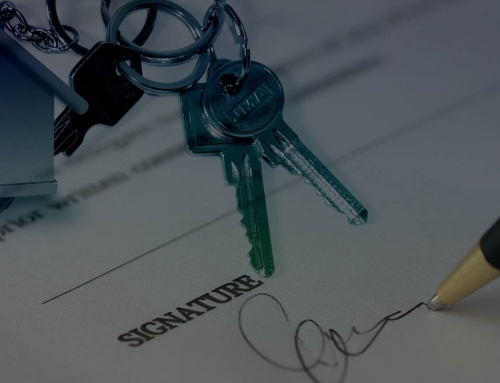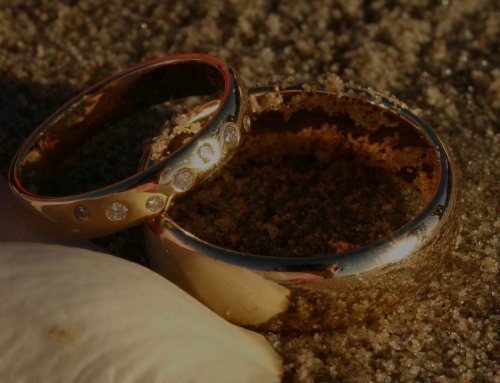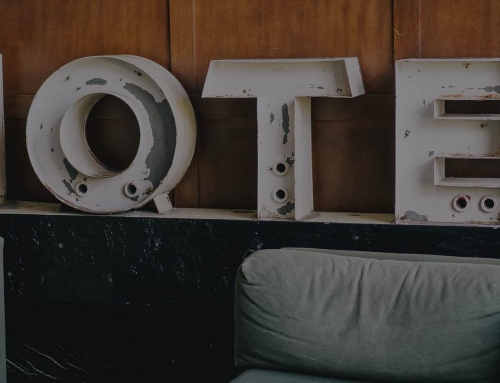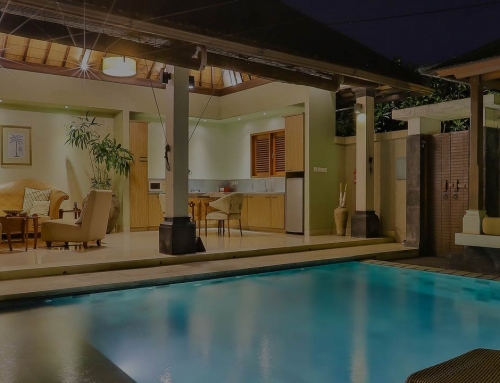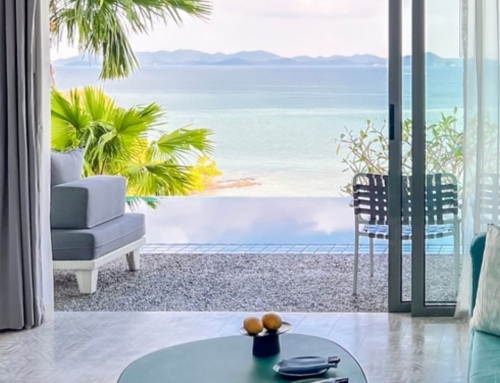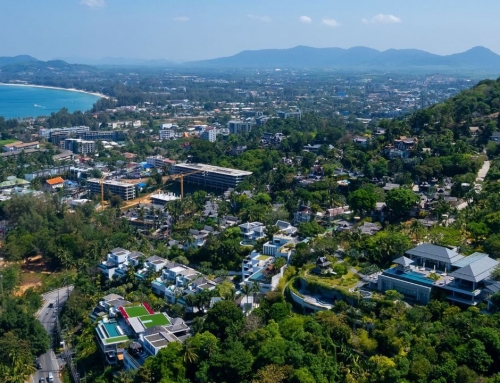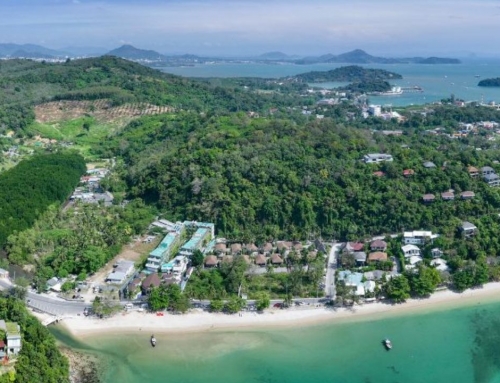By Phuket News Property · December 30, 2021
Foreigners purchasing property in Thailand often come across the concept of a “30+30+30 leasehold,” sometimes presented as a long-term alternative to freehold ownership. While leasehold property can be suitable for certain buyers, the structure is frequently misunderstood. The idea of a 90-year lease through a 30+30+30 arrangement is common in marketing material, but the legal reality is more limited.
This article outlines the key considerations for anyone evaluating a long-term leasehold arrangement in Thailand.
What a leasehold actually provides
Under Thai law, the maximum lease term available to private individuals is 30 years. This initial lease term is the only period that is legally guaranteed at the time the agreement is signed. Any additional periods, whether referred to as renewals or extensions, are not guaranteed in advance.
The concept of a 30+30+30 structure is therefore a contractual intention rather than a legally secured 90-year right.
Renewal periods are not guaranteed
When buyers hear that a lease can be renewed twice for two further 30-year periods, it is natural to assume that these extensions are secure. In reality, they depend on the cooperation and continued existence of the landlord, which can include individuals, companies or the project’s land owner.
Renewals cannot be legally registered in advance, and future owners of the land are not obliged to honour renewal promises made by previous owners.
Changes in land ownership
A key factor affecting long-term leases is the possibility of land ownership changing over time. If the land is sold or transferred, the new owner is only bound by the original 30-year registered lease. They are not bound by any contractual renewal promises unless they choose to recognise them.
This creates uncertainty for long-term planning, particularly for those expecting multi-decade occupancy.
Limitations on inheritance
Leasehold interests do not offer the same inheritance flexibility that freehold condominium ownership does. If a leaseholder passes away, the ability to transfer the remaining lease term depends on the specific conditions in the lease agreement and whether the landlord agrees to the transfer.
Some leases allow heirs to assume the remaining term, while others do not. Buyers should clarify this point before proceeding.
Impact on property value over time
Leasehold properties typically decrease in value as the remaining lease term shortens. Prospective buyers often compare the remaining term with that of similar freehold properties and may be unwilling to pay premium prices for leases with limited time left.
This can affect resale prospects, especially in competitive markets where freehold condominium options are available.
Ongoing reliance on the landlord
A leasehold arrangement requires continued cooperation between the leaseholder and landlord throughout the duration of the lease. This includes matters such as maintenance obligations, renewal discussions and the handling of major repairs or improvements.
Buyers should understand that their long-term security is tied to the stability and reliability of the landowner.
Why buyers should review lease terms carefully
Lease structures vary widely, and some may offer stronger protections than others. Details such as assignment rights, inheritance provisions, renewal conditions and maintenance responsibilities differ from project to project.
Those considering leasehold property should review the agreement in detail and ensure they understand the practical implications of relying on contractual renewal promises.
Leasehold arrangements can be suitable for some buyers, particularly those who prioritise short- to medium-term living. However, anyone expecting long-term security should be aware of the limitations of the 30+30+30 structure and the risks associated with renewal periods that are not legally guaranteed.

